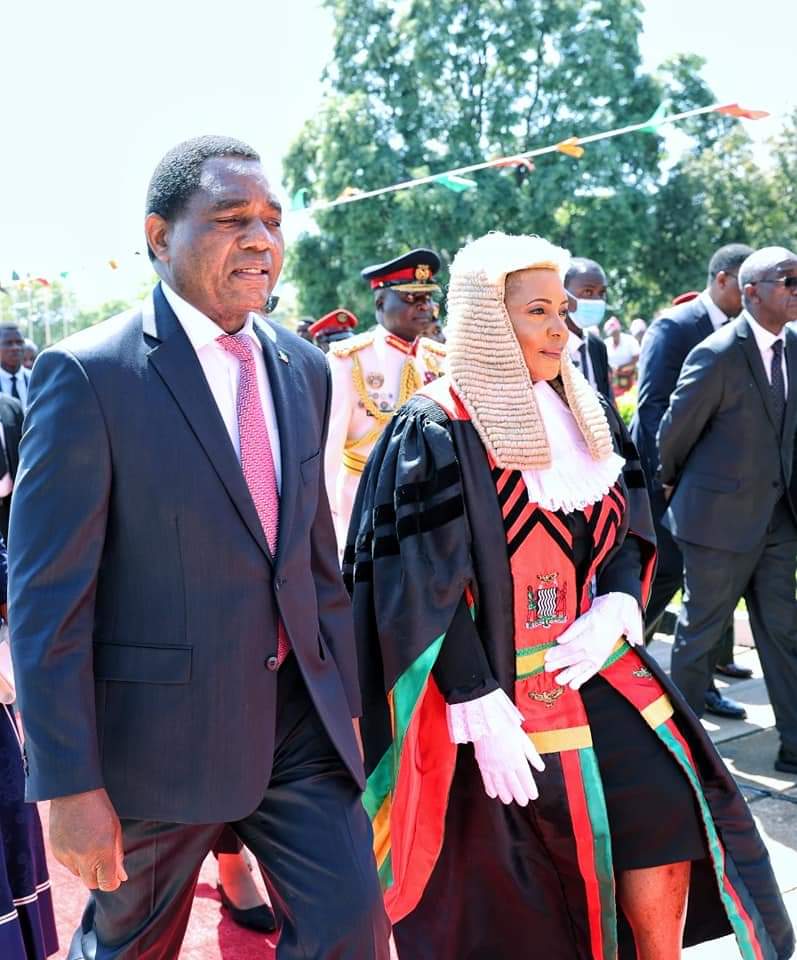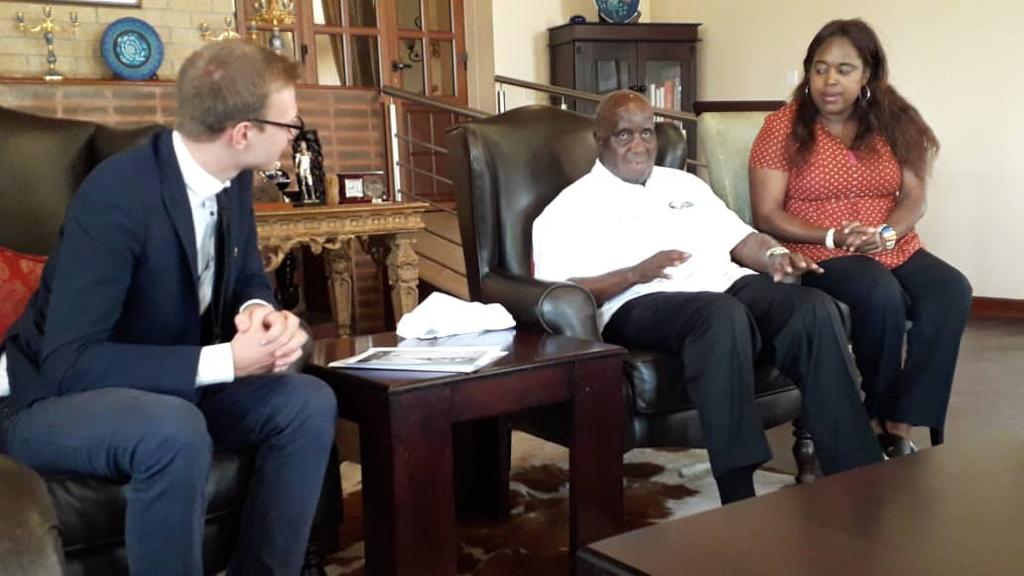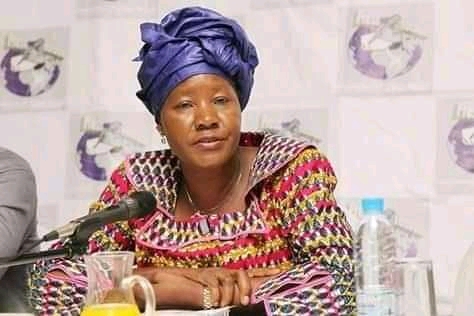Prods Kelvin Chisanga: “Total fuel subsidies removal, foreseen with destabilized economic growth patterns!”
Notice: Undefined index: catFilterList in /home/zambi/public_html/wp-content/plugins/wp-likes/api.php on line 243

Prods Kelvin Chisanga: “Total fuel subsidies removal, foreseen with destabilized economic growth patterns!”
By Kelvin Chisanga
It is well known that fuel subsidies benefit many at all levels be it from the industrial side or the household level. Still, it has been totally identified as a serious disorder to the domestic economy, especially where budgetary target limits are critically concerned, and this attest to what we basically saw in the 2021 fiscal expenditure, where the column costs for public procurement of works, services and goods were seen to have gone up by a slightly marginal line of about 25%, and fuel was identified as one of the biggest driving factors on the spending card together with the procurement of fertilizer among other highly consumable projects, as we basically spent around the regions of about K112 billion instead of an assigned amount of just within the areas of K89 billion.
The petroleum sector in Zambia interplays many key economic areas, and this gives significantly huge benefit to the local economy, especially since it has always been cushioned by strong policy support for sometimes. Meanwhile, with the turn of events, we will see a different model with the pending removal of import waiver on the fuel, and this will surely pose possible damage to the patterns of Zambia’s gradual growth path that we are witnessing in the economy.
However, now with the total planned removal of fuel policy support in tax suspension from the Friday, 30th of September, 2022 which has stood at 41% since January this year, will definitely erode the potential benefits of many economic elements and this has the potential to negatively affect patterns such as inflation, forex, interest rates etc., and can also threaten our fight against instability as observed on the macroeconomic scales.
Many countries especially those within the African continental bloc, are still seeing subsidies as an imperative aspect to help in cushioning the pressure on the economy mainly because the food costs are seen to be looming high, and fuel has been projected with some likely price growth prospects.
So, subsidies on imported petroleum products are therefore considered to be a key and an important policy apparatus for keeping fuel prices afloat within the pricing reach of ordinary citizens, and hence the cost of living will moderately be maintained low, but if the opposite goes through on the other hand then we will be seeing the high cost of living too greatly affect the masses, and this will therefore depress some good efforts being done so far, considering that we have had a number of bad effects that we are still grappling with.
As a going concern, we know that the cost of the subsidies, has risen dramatically in recent years due to increased volatility in world petroleum coupled with arrears on fuel, and petroleum product prices have also been observed with some steady fluctuations hence our model of fuel pricing on a monthly basis. With the already ongoing exercise of monthly fuel review processes with Energy Regulation Board (ERB) coupled with now removal of the subsidy on fuel, it will seriously be one of the most contentious socio-economic policy issues in Zambia today which stands so uniquely difficult to cope with, especially when we are building up a good economic structure.
I strongly think the removal of fuel support will affect many key fundamentals, as this will touch on an economy-wide impact and will cause a great impact. It will ideal for government to look at a model on how they can alternatively mitigate this upside risk with some policies that might be used to meet up with socio-economic objectives related to fuel subsidies, and worse off we also have an impending hike on electricity which can also build a different parallel effect on the economy.
So going by modalities and dramatic events both locally and globally, I think the Zambian government needs some simulated scenarios in this case so that they should come up with target-centred policy instrument to save the poor with productive empowerment schemes by encouraging other means of energy, and should also quickly speed up with Indeni petroleum planned model of bringing up, onboard about 60% diesel through the pipeline, as this will also help to foster and offer a guarantee in terms of security of supply of the oil commodity.
Even though on the other contrary side, as we keep trying to strike the scale of balance but yet seeing how best we can work around key factors in balanced scales, it will surely show that a reduction seen in the subsidy, will automatically see an upturn in Zambian GDP level, though to the other side as well, it will have an unfavourable impact on household revenue as disposable incomes will utterly be weakened, and in particular, affecting further on the poor households.

President Hakainde Hichilema with Speaker of the National Assembly Nellie Mutti at Second Session of the 13th National Assembly themed: ‘“WORKING TOGETHER TOWARDS SOCIO-ECONOMIC TRANSFORMATION: STIMULATING ECONOMIC GROWTH FOR IMPROVED LIVELIHOODS” on Friday, 9th September, 2022 in LUSAKA Province Zambia























